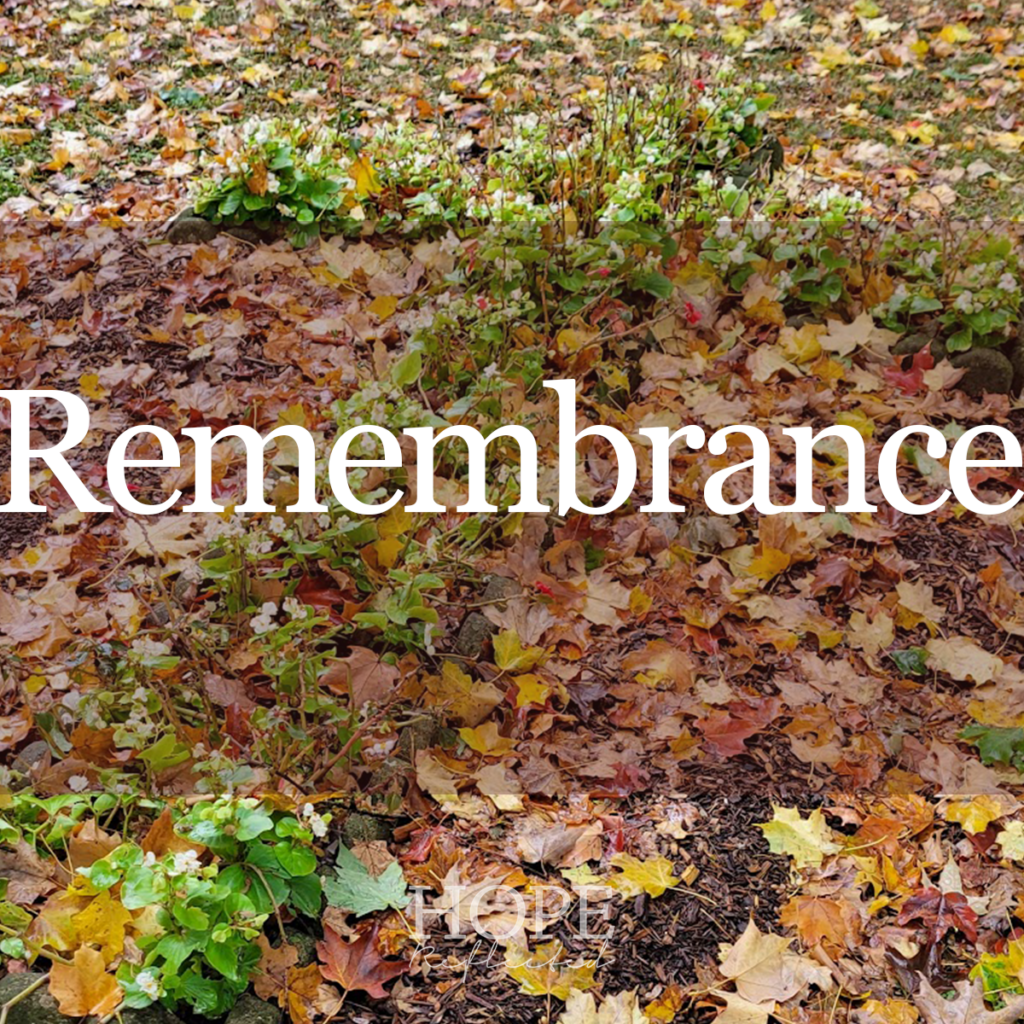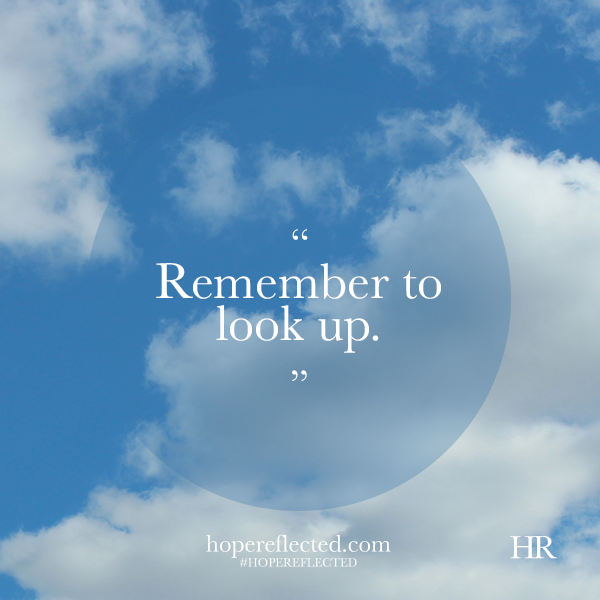Remembrance is important
Written by H, Posted in Christian Living, Published Work

Remembering our past helps us prepare for the future
There is a saying that he who controls the past controls the future, and he who controls the present controls the past.
While we can’t wholly live in the present if we are constantly stuck in the past, we also can’t properly prepare for the future unless we remember our past.
Whatever way you look at it, remembrance is important.
Many of us are familiar with the book of Joshua, in which God tells Joshua on three occasions in the first chapter (vv. 6, 7, 9) to be strong and of a good courage.
“Have not I commanded thee? Be strong and of a good courage; be not afraid, neither be thou dismayed: for the Lord thy God is with thee whithersoever thou goest.”
Joshua 1:9
For Joshua, these verses were a remembrance of what Moses had told him previously (in Deuteronomy 3:22, 31:6-8, 23), to be strong and of a good courage for it is God Himself who fights for you.
Hear and learn and observe to do
Deuteronomy, by definition, is a copy or a repetition of the law.
Reading through the book, it holds true to its name. There is lots of repetition.
Why?
Because we learn through repetition.
Habits are created by repetition.
Repetition helps us to remember, and remembrance is important.
We read in Deuteronomy 31:9 that Moses wrote the law and commanded the priests that it should be read before Israel every seven years. He commanded the priests that the law should be read “before all Israel in their hearing” (v. 11), “that they may hear…that they may learn…and observe to do….” (v. 12), and not only for the benefit of the adults, Moses specifically commanded it to be read so that the children who didn’t know could hear and learn (v. 13).
Why dedicate an entire book of the Bible with a specific focus on repeating God’s law and passing it on to future generations?
Because we are prone to forgetfulness.
Remembrance doesn’t come naturally to us; it is something that must be practiced.
Remembrance is important.
Remembering the past is a vital component in how we conduct ourselves in the present and in how we prepare for the future.
Remembrance Day
Take Remembrance Day, for example. Every year at the beginning of November, we wear poppies as a symbol of remembrance for those who lost their lives in active service in the First World War, Second World War, right up to today. The poppy was chosen because this flower was very common in the First World War, flourishing in the soil where our soldiers were giving their lives for our freedom.
The Royal Canadian Legion (as well as The Royal British Legion and the American Legion) run their annual Poppy Campaigns and Poppy Appeals to raise funds and promote awareness for our Veterans and their families. They are also committed to educating today’s youth and passing on the tradition and meaning of Remembrance Day and Veteran’s Day for generations to come.
Were it not for initiatives such as these, who would remember?
Committed to helping the people remember
Moses, right up to his death, was committed to helping the people of Israel remember. He was especially concerned with the children, because unless they heard and learned the law, they would have no way of coming to know the Lord.
Moses even wrote a song to “be a witness” (v. 19) that future generations would sing to remember just how far God had brought them and to bring them back to what was right.
We don’t judge ourselves by our past, but we make plans for the future based on what we have learned from the past.



![False friends or counterfeit kindness; whatever you want to call it, the world is filled with people who will say one thing to your face and then another behind your back; people who will woo you in order to get something from you.
It’s sad, but it’s true.
The Bible provides us with examples from Joab to Judas, and yet, we’re surprised when we find ourselves deceived and hurt by someone else.
So what are some of the hallmarks of a true friend?
You can read more about this on hopereflected.com [Link in profile]
.
.
.
#friends #friendship #kindness #counterfeitkindness #hurt #proverbs #truefriends #hopereflected #blog #blogpost](https://www.hopereflected.com/wp-content/plugins/instagram-feed/img/placeholder.png)